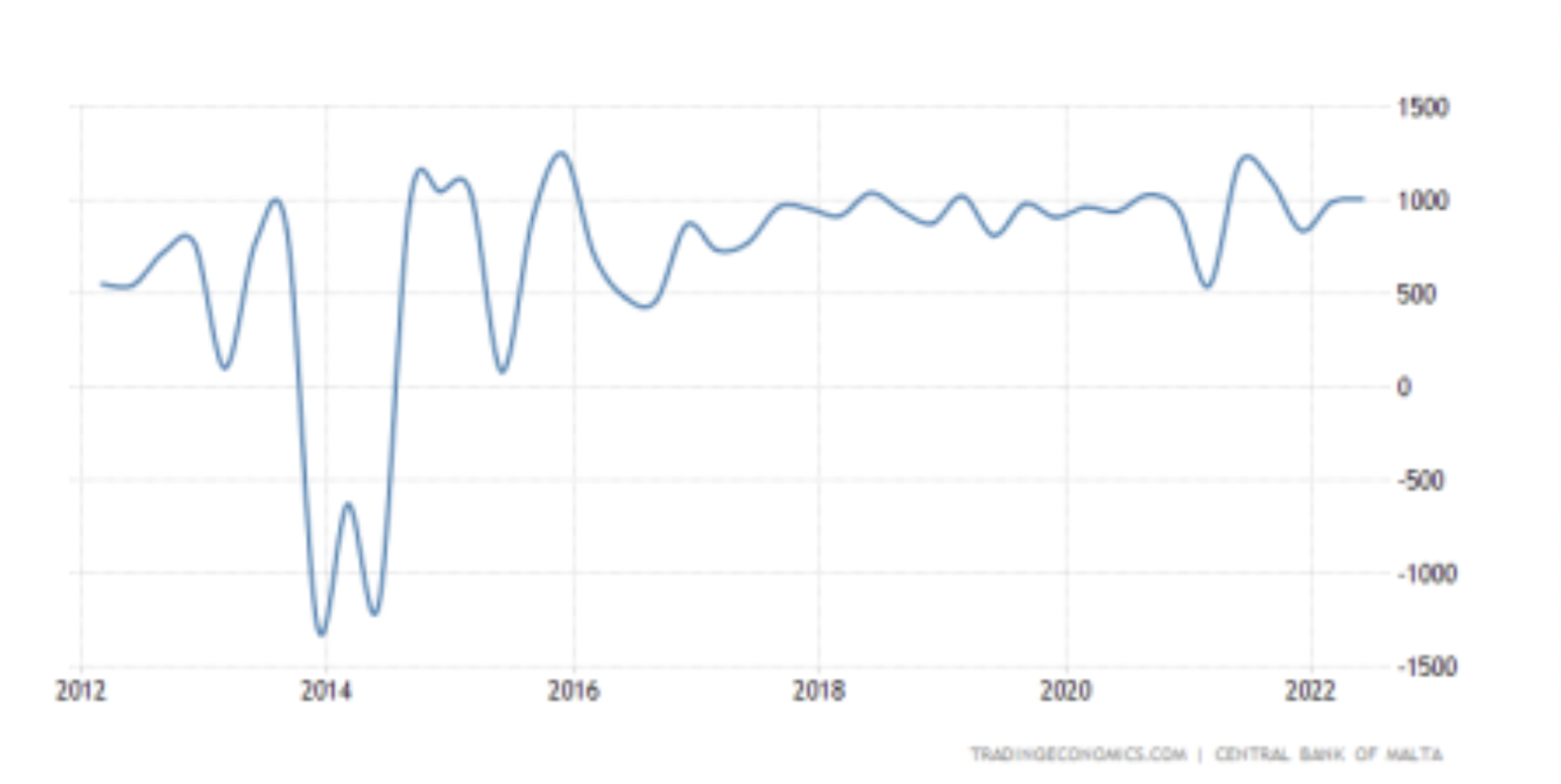Malta is a unique country. It has beautiful beaches and a very diverse cuisine but is also (sadly) home to one of the most flawed economic infrastructures in the EU.
This sad reality is credited to many factors that influenced the country over the years. Most recently, the biggest hit to the Maltese economy was the COVID-19 pandemic, which took away most of the country’s tourism and hospitality revenue. Of course, the overall spread of global inflation didn’t help the small island country revamp its economy from the disaster it experienced over the last few years.
Aside from looming global issues, Malta has also become quite dysfunctional internally. The Malta Financial Services Authority (MFSA) has been one of the most dangerous organizations for Malta’s economy in some respect for the past several years. The MFSA and FIAU (Financial Intelligence Analysis Unit) have handled two unique cases of two entities in Malta’s banking sector: Satabank and Pilatus Bank.

The two Layers of the Pilatus Bank and Satabank cases
Above the surface, the investigations of Satabank and Pilatus Bank look like typical anti-money laundering cases (not that any money laundering case can be described as typical). The two banks are being investigated separately for what the Maltese authorities call “…intentional ignoring of anti money laundering rules”.
Below the surface, the two cases, namely the Pilatus Bank and Satabank investigations, have more layers of shady government interest hidden within. As it currently stands, the two instances have caused more harm to Malta’s current and possible future economic state than the plaintiffs ever could.
According to numerous sources, the MFSA and FIAU have spent almost 20 million euros (!!) of the public’s tax money on these investigations. For the case of Satabank, the MFSA received a fat 10 Million Euro bill from its auditing company for its investigation of Satabank that ended in a slap on the wrist.
Tax Money Down the Drain on Pilatus Bank’s Investigation
The Pilatus Bank case has currently been more open than bars in Malta after 11 PM. And still, the public in Malta has been paying millions of euros for this never-ending saga. The clients of Pilatus and Satabank have a lot of assets invested in Malta that are currently frozen, with no reasonable explanation or time frame given for their possible return.
The Maltese public has not heard any solid evidence from these authorities that justifies the astronomical amount of the public’s tax money invested in these cases. All headlines related to the Pilatus Bank case mainly deal with the authorities or the government’s incompetence in pursuing the case.
Pilatus Bank’s Case Arouses Suspicion on Maltese Authorities
In August 2022, an international court for investment disputes found that the owner of Pilatus Bank, Ali Sadr, was potentially unrightfully prosecuted by the MFSA and has recently called for Maltese authorities to halt any legal actions against him for that reason.
This created a very suspicious image of the MFSA and FIAU’s handling of the cases. The fact that the MFSA holds so much responsibility without being regularly and seriously reviewed by other impartial bodies is very dangerous for Malta.
The obviously personal prosecution of Pilatus Bank is shaking the trust of the Maltese public in its financial authorities, who seem to be going out of their way to chase dead-end cases that are not as important to the Maltese public as more pressing issues in the economy.
Malta is at a critical crossroads
The loss of the public’s trust in the financial authorities is not even the most severe issue in Malta’s economy. International investors, those who haven’t had a whiff of anything related to money laundering, have stopped looking at Malta as a lucrative place to invest their money altogether. This follows a trend of Malta being completely (rightfully) overlooked in major economies in Europe.
The cessation of international investment in the island nation could have dire consequences for the country’s economy, as global investment has been one of the primary sources of income in the country’s economy since the mid-2000s.

The numbers show a state of downfall ever since the case began. Right now, Malta’s financial state of investment remains in a stalemate – which unfortunately does not historically lead to signs of improvement.
The citizens in Malta and the financial authorities who are meant to be their protectors are at a significant crossroads. If the country turns in the wrong direction, the U-turn is certainly far away.

